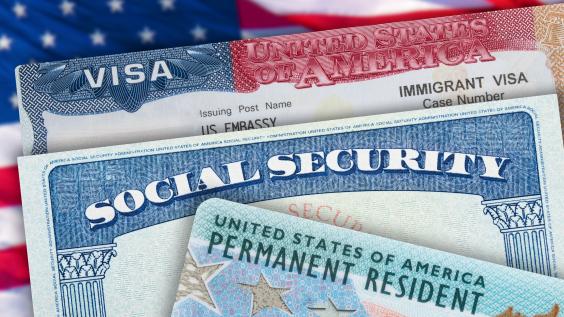
Form I-130, also known as the “Petition for Alien Relative,” is a form used by U.S. citizens or lawful permanent residents to establish a relationship between themselves and a foreign relative who wishes to immigrate to the United States. Here’s what you need to know:
- Purpose: Form I-130 is filed to establish a qualifying family relationship between a U.S. citizen or lawful permanent resident and their foreign relative. It is the first step in the process of sponsoring a family member for an immigrant visa or green card.
- Eligibility: U.S. citizens can file Form I-130 for their spouse, children (including stepchildren and adopted children), parents, and siblings. Lawful permanent residents can file for their spouse and unmarried children.
- Application Process: The U.S. citizen or lawful permanent resident must complete Form I-130 and submit it to U.S. Citizenship and Immigration Services (USCIS). The form requires information about the petitioner, the beneficiary (the foreign relative), and their relationship.
- Supporting Documentation: Along with Form I-130, you must provide supporting documentation to prove the family relationship. This may include birth certificates, marriage certificates, divorce decrees, and other relevant documents.
- Processing Time: The processing time for Form I-130 can vary depending on various factors, such as the USCIS workload and the relationship being petitioned. It’s important to check the USCIS website for the most up-to-date processing times.
Once Form I-130 is approved, the foreign relative may proceed with the next steps in the immigration process, such as applying for an immigrant visa or adjusting their status to a lawful permanent resident.
Remember, it’s always a good idea to consult with an immigration attorney to ensure that you complete the form accurately and meet all the requirements.
